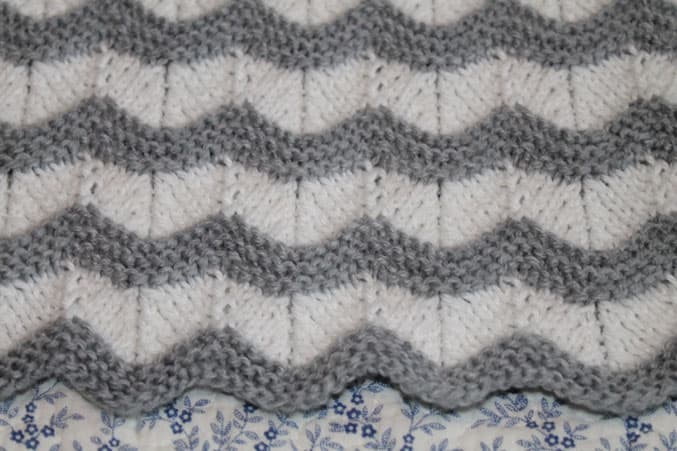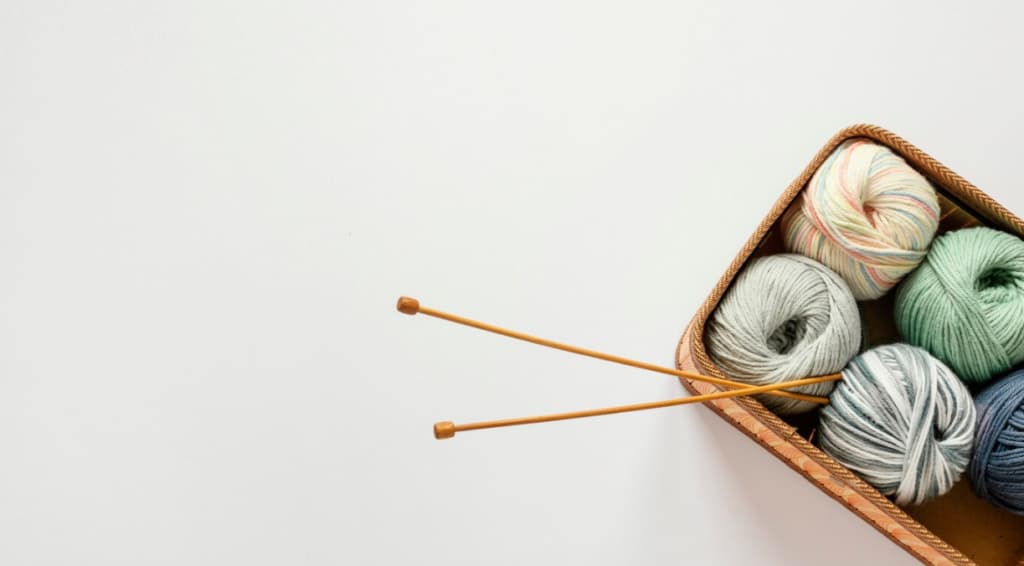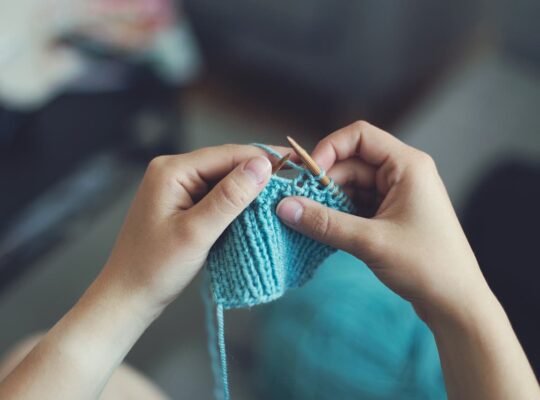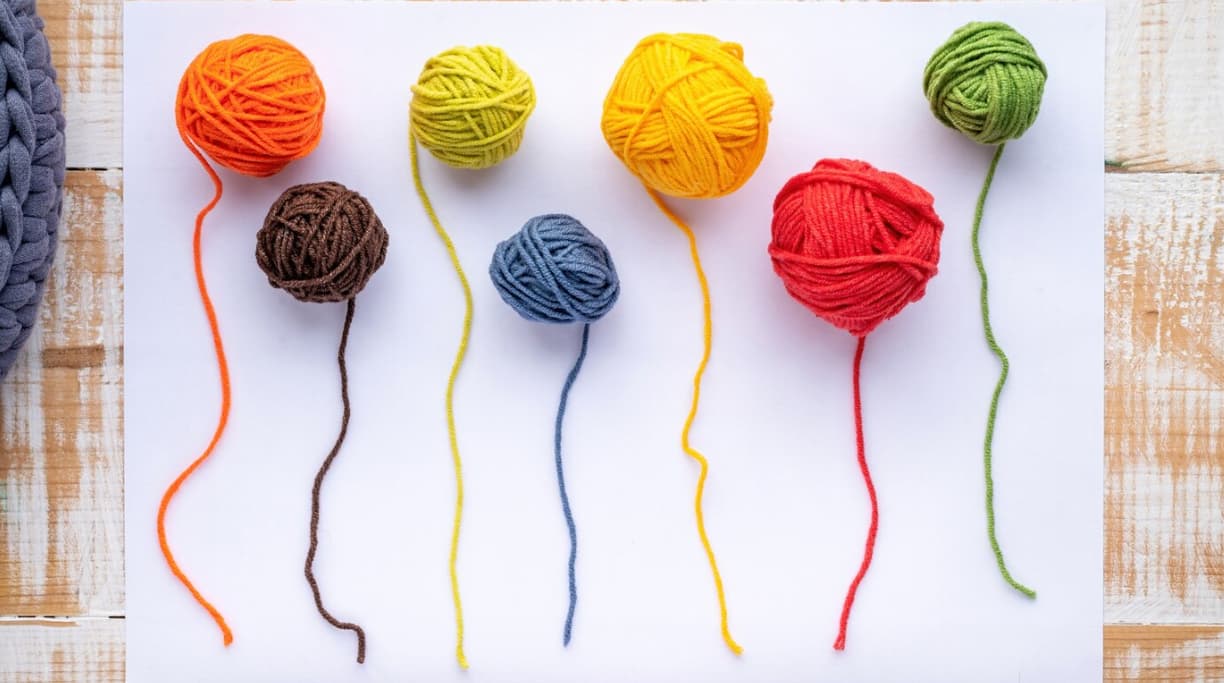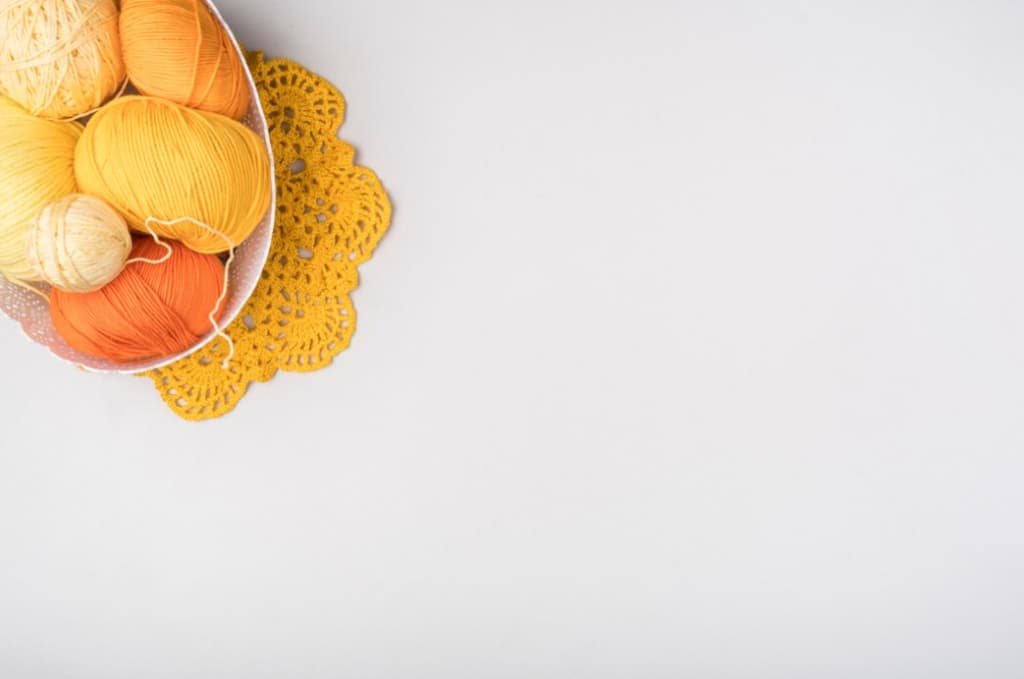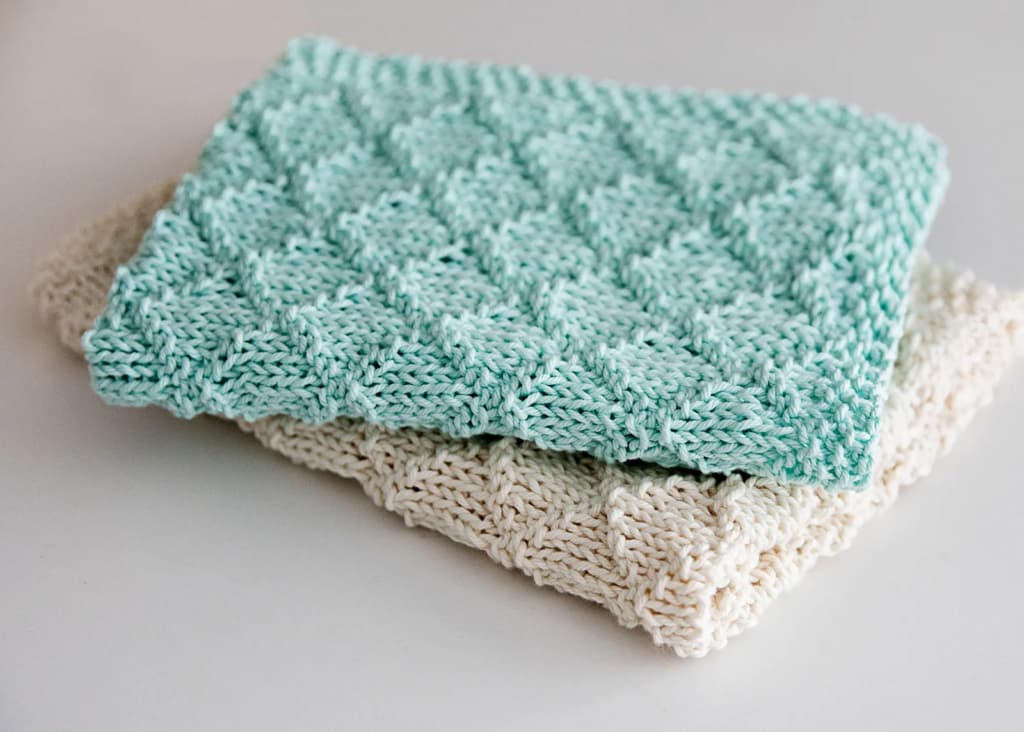Chevron patterns in knitting offer a dynamic and visually striking option for various projects. Renowned for their simplicity and versatility, chevrons can add a vibrant pop of color and texture. This guide will demonstrate two distinct methods for incorporating chevron patterns into your knitting, enhancing any project with their zigzag appeal.
Chevron Pattern Varieties: Color Changing and Textured
Chevron patterns can be broadly categorized into color-changing and textured types. The color-changing method involves alternating yarn colors to create a visually appealing chevron effect. On the other hand, the textured approach employs knit and purl stitches to achieve a tactile chevron pattern.
Stitch Counts and Chevron Shapes
To create pointed chevrons, an even number of stitches is recommended. For more rounded chevrons, an odd number of stitches can be used. This guide will focus on an 8-stitch count for clear and concise chevron patterns.
Detailed Instructions for Color Changing Chevrons
The color-changing chevron pattern is a fantastic way to integrate multiple colors into your knitting. This section will provide step-by-step instructions for a two-color chevron pattern, easily adaptable for additional colors. The instructions will include details on casting on, knitting in the round, and switching colors to achieve the chevron effect.
Techniques for Knitting Chevrons in the Round and Flat
Whether you prefer knitting in the round or working flat, chevron patterns can be adapted to both techniques. This part of the guide will offer detailed instructions for each method, ensuring clarity and ease for knitters of all skill levels.
Instructions for Textured Chevron Patterns
In addition to color variations, textured chevrons offer a unique way to add depth to your knitting. By alternating knit and purl stitches, this section will guide you through creating a chevron pattern that relies on texture rather than color changes.
Benefits of Knitting Chevron Patterns
- Visual Appeal: Adds a dynamic and eye-catching element to any knitting project;
- Versatility: Suitable for a range of items, including blankets, scarves, and sweaters;
- Customization: Easily adaptable for different color schemes and yarn types;
- Skill Development: Great for practicing color changes and stitch variations.
Comparative Table: Color Changing vs. Textured Chevron Patterns
| Feature | Color Changing Chevron | Textured Chevron |
|---|---|---|
| Visual Impact | High, with distinct color contrasts | Subtle, with emphasis on texture |
| Complexity | Moderate, requires color management | Simple, focuses on stitch variation |
| Yarn Requirements | Multiple colors needed | Single color sufficient |
| Suitability | Ideal for vibrant, decorative projects | Best for understated, elegant designs |
| Skill Level | Intermediate | Beginner to intermediate |
| Project Type | Colorful accessories, home décor | Textured garments, subtle detailing |
Video Guide
In order to answer your questions in more detail, we have prepared a special video. Enjoy watching it!
Hand Towel Knitting Pattern Free: Complementing the Chevron Design
In addition to the vibrant and textured chevron patterns, a free hand towel knitting pattern can be a perfect complement to expand your knitting repertoire. This section offers a straightforward and easily accessible pattern for creating elegant hand towels, which can be a delightful addition to your home or a thoughtful handmade gift.
Key Features of the Hand Towel Pattern:
- Simplicity: This pattern is ideal for beginners, featuring basic knit stitches and a simple yet elegant design;
- Customization: You can choose yarn colors that match or contrast with your chevron projects, creating a cohesive set of knitted items;
- Practicality: The hand towels are not just decorative but also highly functional, perfect for everyday use in the kitchen or bathroom;
- Gift Option: Similar to the chevron projects, these hand towels can be excellent gifts for various occasions, especially when paired with a matching chevron item.
Free Pattern Guide:
- Cast On: Begin by casting on a suitable number of stitches for the desired width of your towel. A good starting point is around 30-50 stitches, depending on the yarn weight;
- Knit Stitch: Use a basic knit stitch throughout, which gives the towel a nice texture and ensures durability;
- Gauge: Maintain a consistent gauge to ensure that the towel lays flat and has a uniform look;
- Binding Off: Once the towel reaches the preferred length, bind off the stitches neatly to prevent unraveling;
- Finishing Touches: You can add a simple border or a loop for hanging the towel, enhancing its functionality and aesthetic appeal.
Conclusion
Chevron patterns, with their versatility and aesthetic appeal, are an excellent addition to any knitter’s repertoire. This guide aims to provide clear instructions and tips for successfully incorporating chevron designs into various knitting projects.
